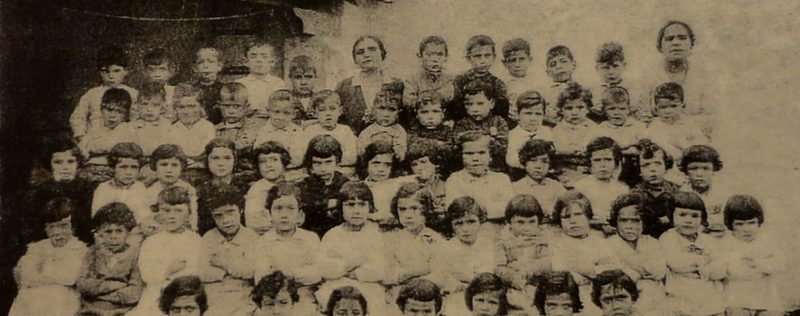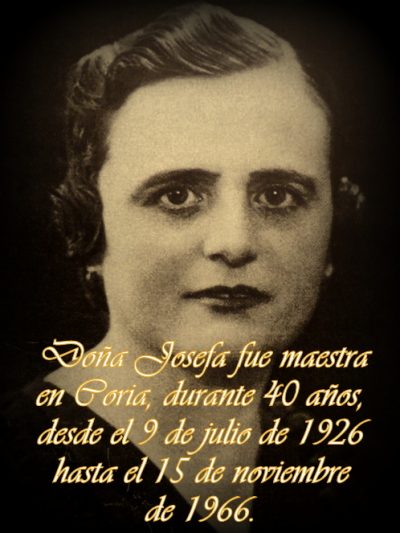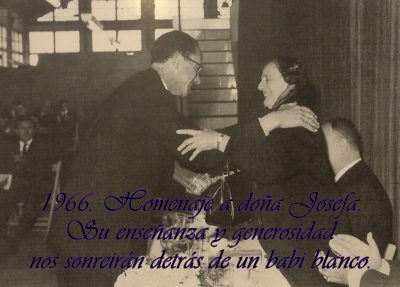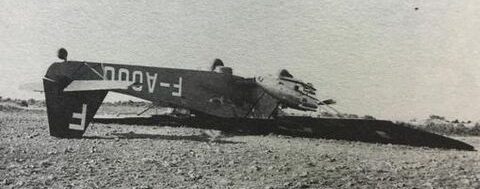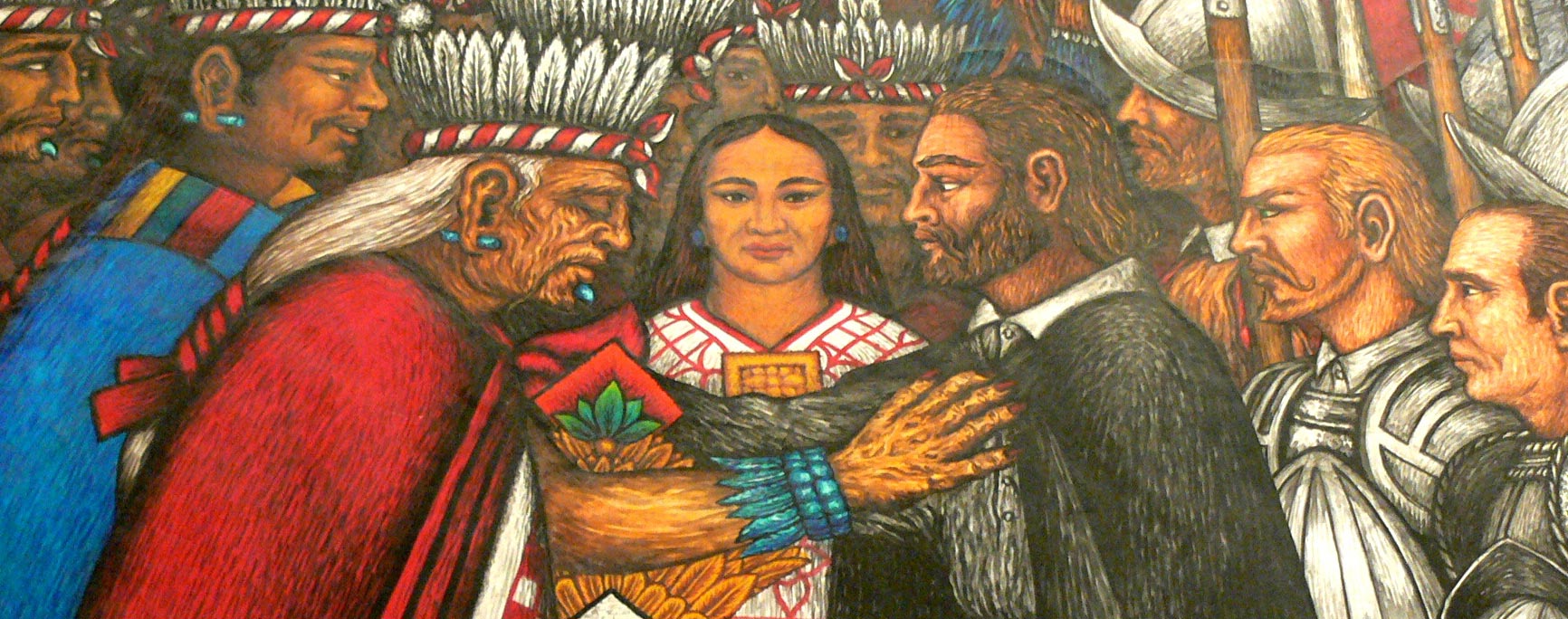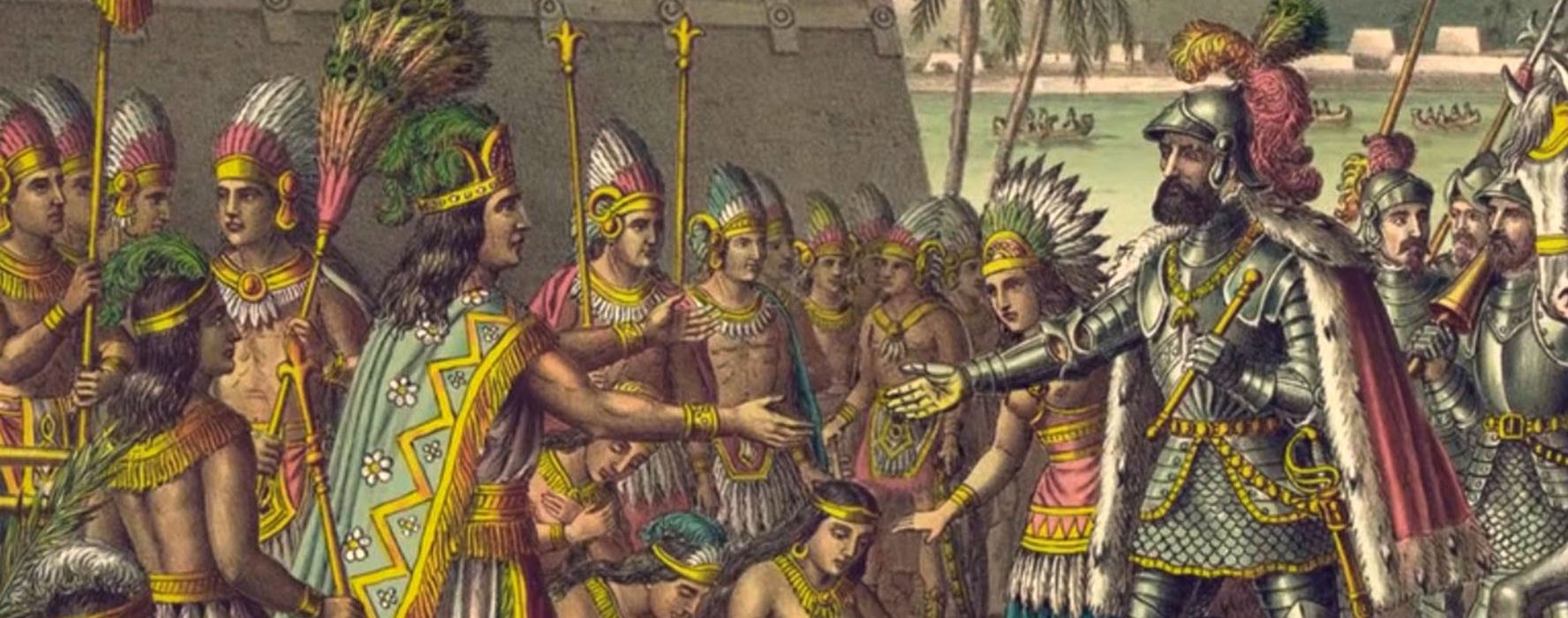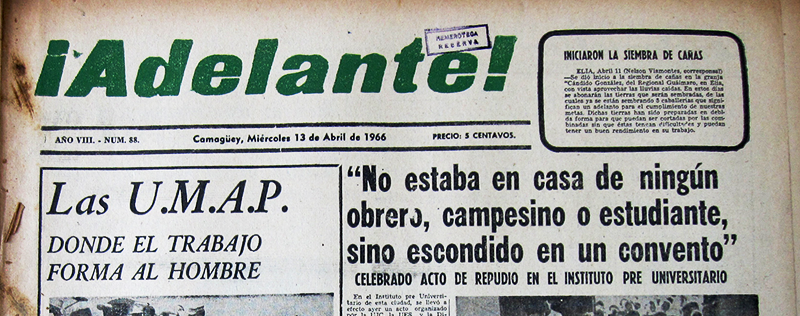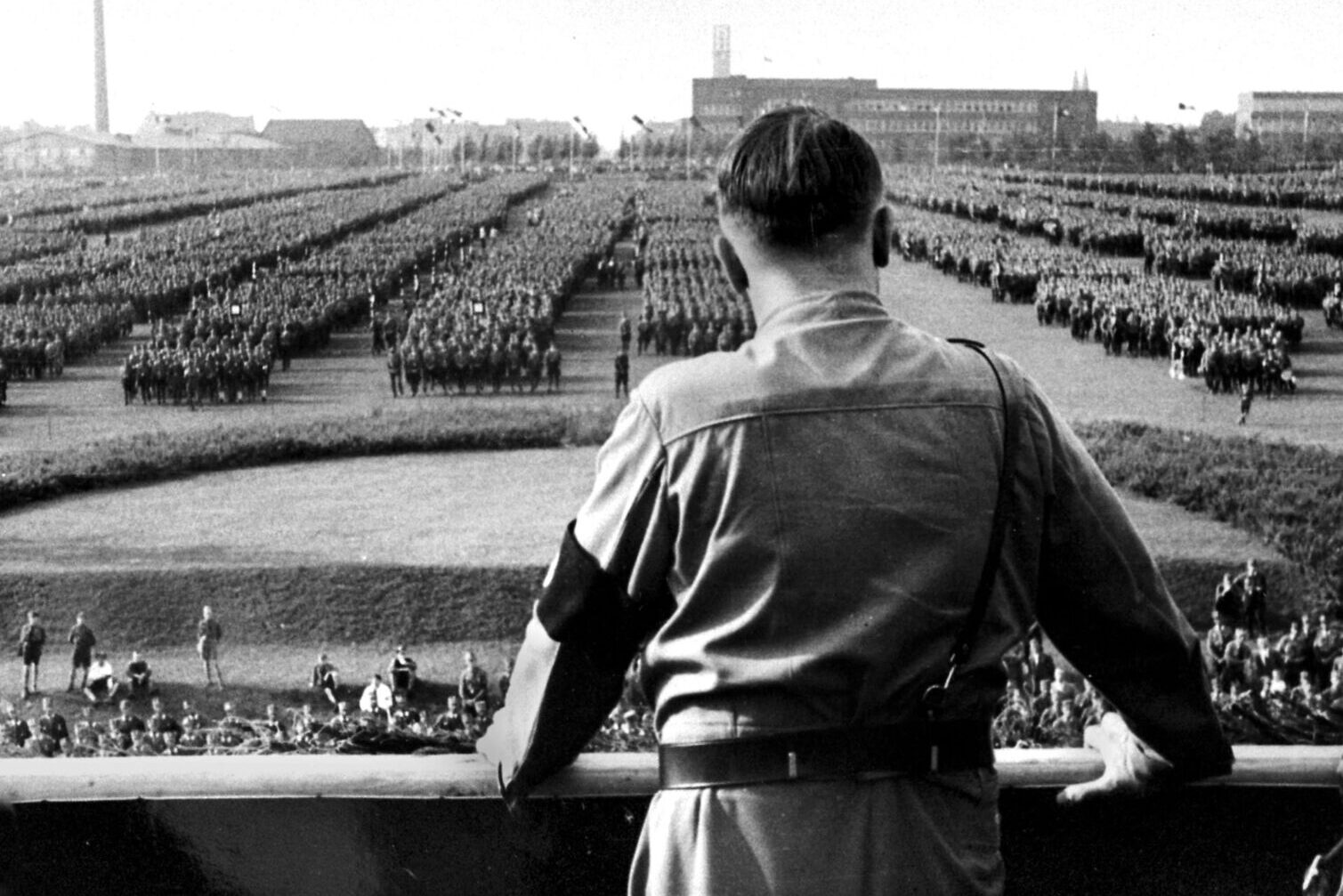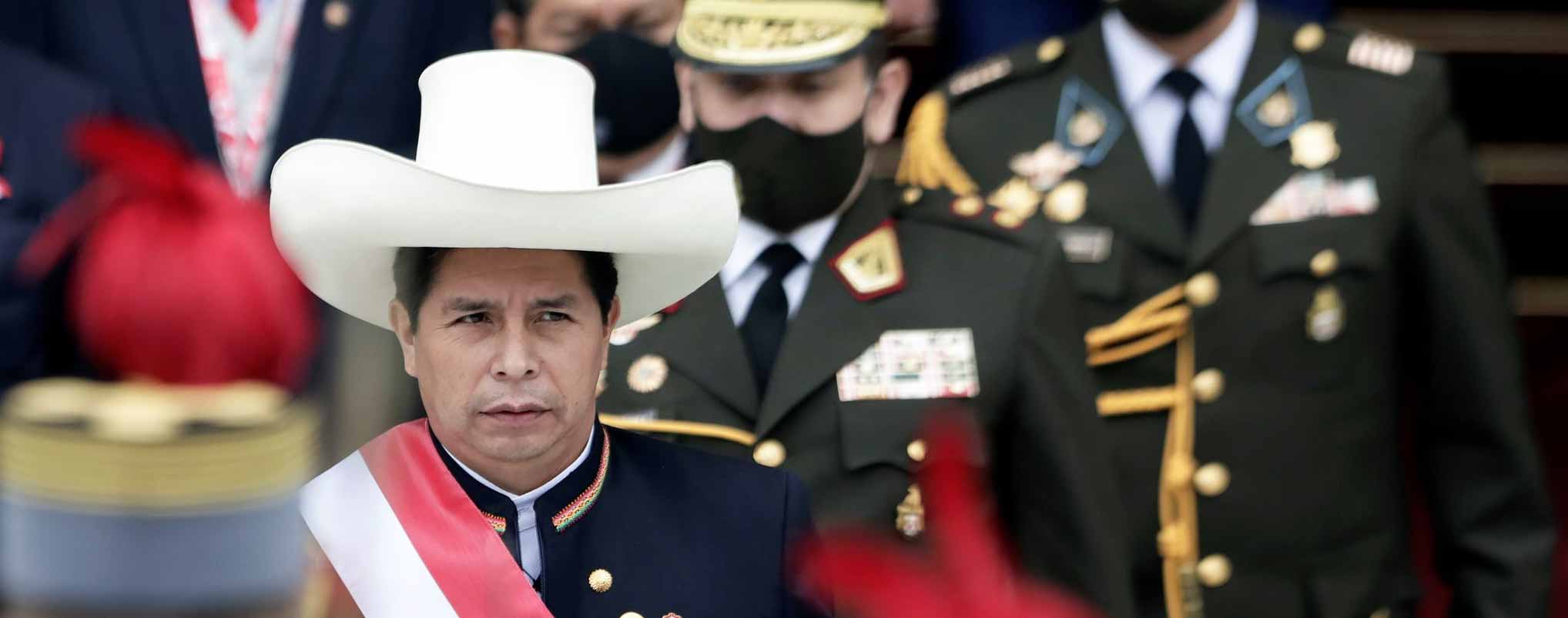Source:Sonrisas en el camino
Life is full of sweet and intense moments that mark our destiny. People that we know and that trace a path that we will never erase from our memory. Life is full of good people, even if they tell us otherwise, even if they are full of evil. Relevant figures who taught entire generations, legendary heroes or pioneers in research. And yes, men and women who, quietly, continue to walk, trying to build a better world.
And in this group of remarkable people, today I would like to highlight Doña Josefa Navarro Zamora from Huelva, or Doña Josefa as she was known in the hamlets of Aracena. Because this is also Spanish history, this is part of our history. But what is so special about Doña Josefa? Well, her greatness and at the same time her simplicity, her humanity, her affection, her dedication and her passion for teaching.
Doña Josefa was born in Jabugillo, a hamlet belonging to Aracena, on 20 July 1897. And from an early age, she had it very clear. With a vocation for teaching, she finished her teaching studies in 1920 and in 1921 she passed the professional exam. After a brief stint as a teacher in Cartaya (Huelva) and Benamahoma – Ubrique (Cádiz), she was appointed kindergarten teacher in the Sevillian town of Coria del Río, where she stayed until she retired.
Kindergarten teacher
Those lucky enough to have known her, say that she was a great conversationalist, always looking for an opportunity to teach, giving practical examples. With an excellent memory and the gift of the gab, talking to her was a pleasure. But what stood out most in her long life was her professionalism and her dedication to others.
Ahead of her time, the teacher Doña Josefa always used the most modern teaching methods, which led her to obtain amazing pedagogical results that amazed the authorities. A faithful follower of the Italian pedagogue Maria Montessori, a revolutionary in methodology, everything she did earned her multiple recognitions and “votes of Grace”, granted by the educational inspectorate of the time.
When she opened the nursery school in Coria del Rio it had nothing, just a bench that did not fit in the classroom and toilets far from the classroom. I have to say that at that time, the nursery school was frowned upon and was vulgarly called “the school of the poor”, as it was considered a place for poor people, a place for welfare or charity. Thus, the children of wealthy families did not go there.
New teaching methods
Little by little, with hard work, effort and enthusiasm, from the 6 pupils she started with, she grew to 120, which she attended in 3 classrooms, with the help of two other monitors, called at that time “las chachas” (maids). And from the very first moment, with clear ideas, she acted for the benefit of those children. Among other things: she imposed hygiene measures, unknown until then, such as the white apron for everyone; she carried out many outdoor activities and taught by singing and sensorial manipulation of letters and numbers. In a short time everyone, including children from the highest social classes, wanted to enrol in Doña Josefa’s school, a benchmark in terms of education.
And through games, songs, coloured drawings, sheets, wires and many other resources, the children learned to read very quickly, to the astonishment of the inspectors who visited the school. Doña Josefa had started a trend and everything was proving to be very fruitful.
Excellent social work
But she is not only remembered in Coria for her teaching methods or for being the teacher of many generations, but also for her social work, for her generous and altruistic dedication to the underprivileged. Help for the needy, affection and kindness, as when she gave her husband’s shirts, almost new, so that mothers with few resources could make bibs for their children. Or when she gave part of her dinner to neighbours with small children who had nothing to eat. Or when she won the National Lottery jackpot (18,000 pesetas) and invited all the children of Coria to breakfast, chocolate with milk and fried bread for dipping.
These are small examples of altruism, of his capacity to share and give to those who need it most. Daily examples, of a continuity that made the town that enjoyed her recognise her with a street and the naming of a school after her, as well as the appointment of Adoptive Daughter of Coria del Río.
But once she retired, she continued her social work in her home village of Jabugillo, providing school materials for many children and caring for the sick. She was like a mother to the village. Thus, in 1998, the Provincial Delegation of Education and the Provincial Council of Huelva paid tribute to her and, subsequently, the Town Council of Aracena dedicated a street to her in her village: Calle Doña Josefa Navarro.
Life experience
At almost 104 years of age, Doña Josefa passed away on 8 July 2002, leaving behind an immense legacy, a chest of memories and thousands of smiles spread all over the place. Details of a life marked by pioneering teaching and dedication to others. Details of a life that marked hundreds of children in Coria del Rio. Protagonists of the road that make us enjoy the landscape and teach us to see the whole forest, in the gloom of the storm. Such was Doña Josefa, a vital Huelva woman, known all over the world and who completed a life full of intense experiences. One of those people who deserve to be known and when you meet them in person, you feel lucky.
Here is a video of the report (in Spanish) that Canal Sur dedicated to her in 2013:
Share this article
On This Day
- 1572 Andrés Díaz Venero de Leyva founded the town of Guaduas (Colombia).
- 1578 Brunei becomes a vassal state of Spain.
- 1672 Spanish comic actor Cosme Pérez ("Juan Rana") dies.
- 1693 Painter Claudio Coello dies.
- 1702 The Marquis de la Ensenada was born.
- 1741 Spanish troops break the siege of castle San Felipe in Cartagena de Indias (Colombia).
- 1844 The Royal Order of Access to Historical Archives was promulgated.
- 1898 President Mckinley signed the Joint Resolution, an ultimatum to Spain, which would lead to the Spanish–American War.
History of Spain
26 August 2020
27 January 2021
Communism: Now and Then
23 December 2022
28 July 2021
